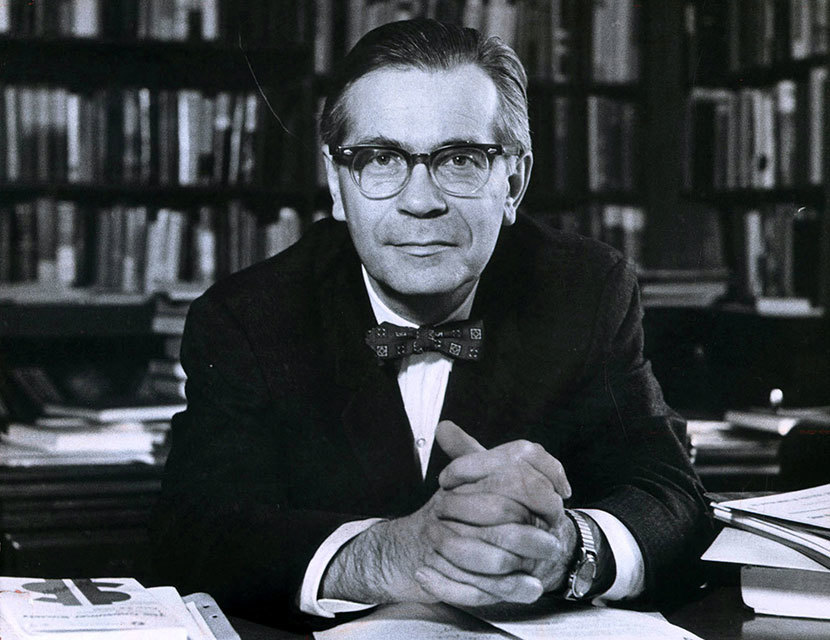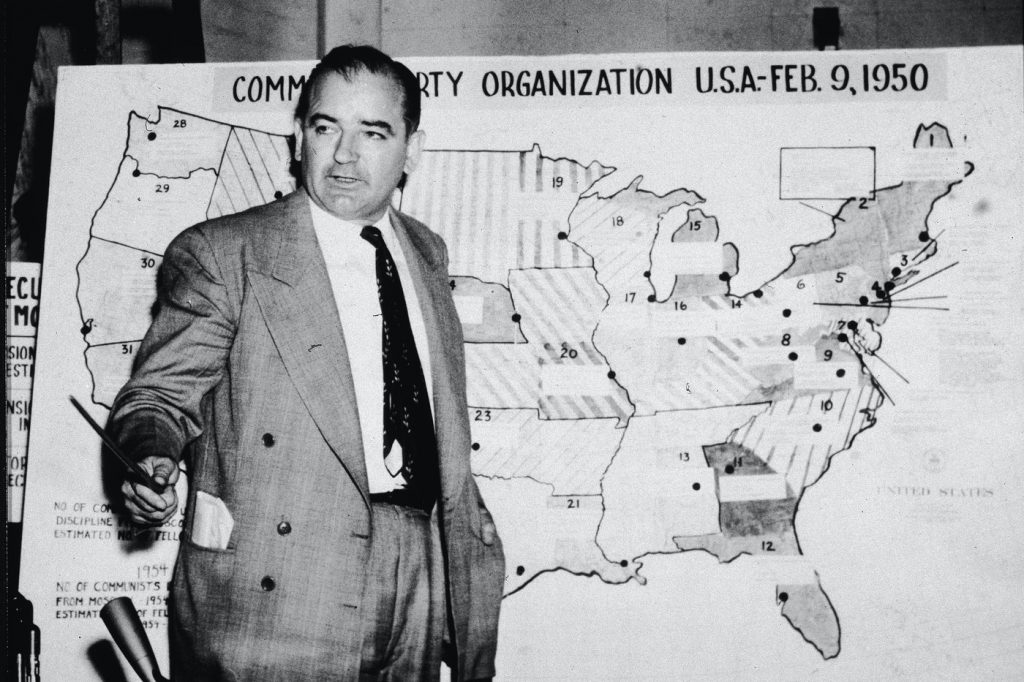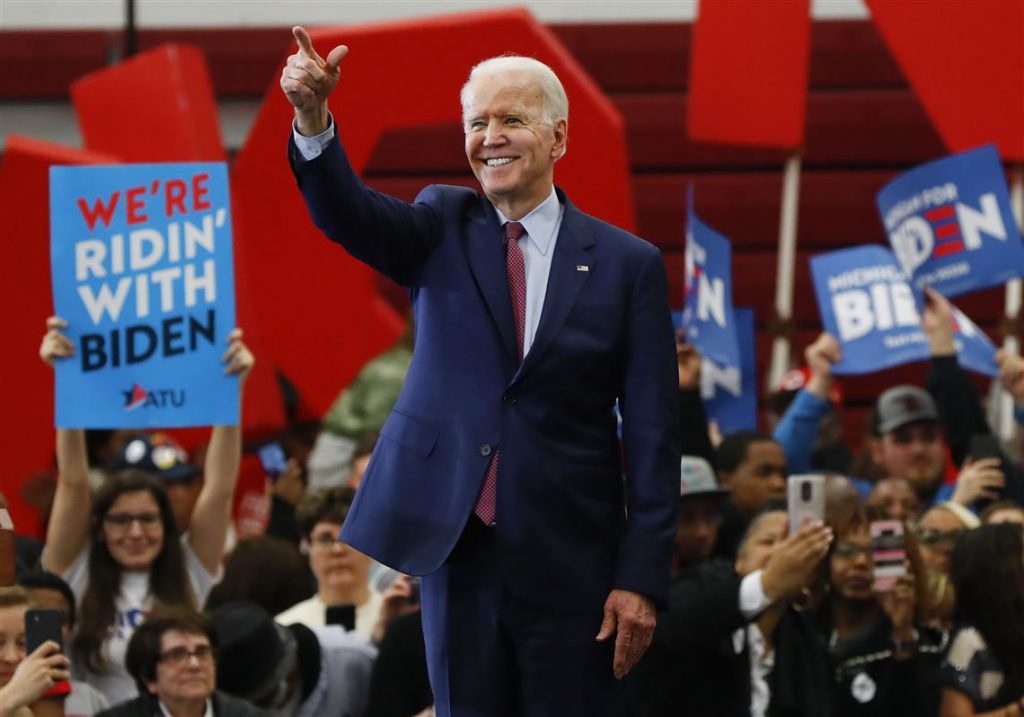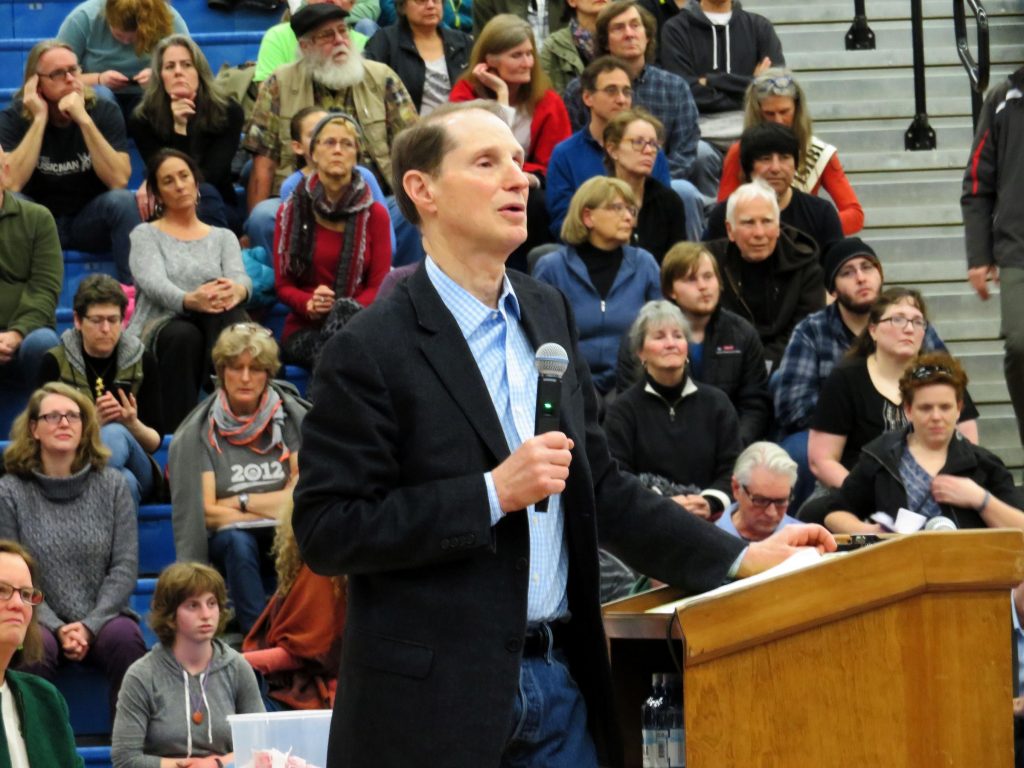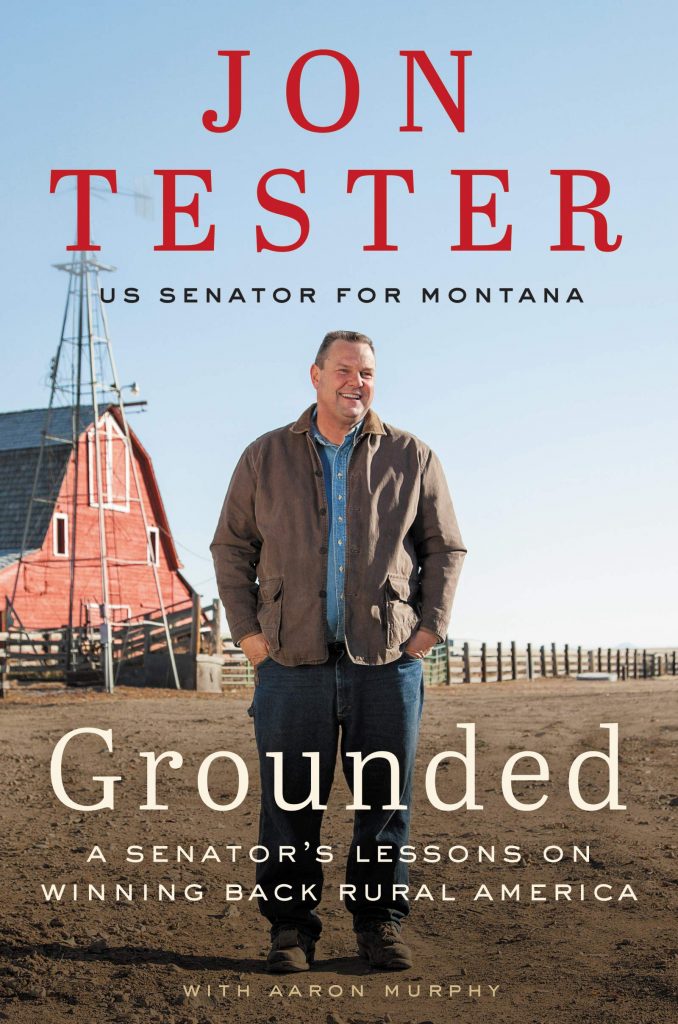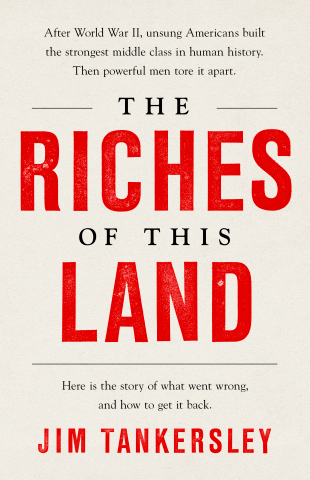Many of the same congressional Republicans who recently opposed creation of an independent commission charged with investigating the deadly January attack on the U.S. Capitol voted this week against a proposal to award Congressional Gold Medals to the police officers who literally protected their lives.
Think about that for a moment. And think about the depravity of that for even longer. And then think about what it means for our democracy.

Twenty-one House Republicans, including many identified most closely with militia and anti-government groups and, not incidentally, with the last Republican president, refused to honor law enforcement personal, including many who were beaten, assaulted and scarred by a mob of dead-end Donald Trump inspired insurrectionists.
We need to admit that the United States House of Representatives has always been a refuge for a certain number of cranks, loonies, crackpots and losers. So there is that.
Montana once sent a doctor to Congress who owned also owned a nudist colony in Butte. If you’ve been to Butte you might not automatically think “nudist colony.” The Gentleman from Montana was a one-termer who filled the Congressional Record with pro-Nazi propaganda and then, thankfully, disappeared into history.
Louisiana sent a Democrat to Congress some years ago who was caught accepting bribes. Not a big surprise in the land of Huey Long, perhaps, but the novelty of his corruption was singular. The FBI found a cool $100,000 in cash in the congressman’s freezer. Bribes on ice. There is no vaccine for stupid, it seems. and corruption is a bipartisan characteristic.
Clearly, we don’t always send our best people to Congress. (See: History, First District of Idaho.)
But these crazy no votes on awarding the Congressional Gold Medal transcend old style mundane crazy. We are in a whole new territory here. Until recently these votes – votes against law enforcement, against common decency – would have simply been unthinkable. Now, for many on the political right this kind of vote is an affirmation of American values.
These twenty-one votes are a profoundly un-American, anti-democratic statement of nihilism and anarchy. The fact that these people inhabit the heart of the modern Republican Party is a harsh indictment of a political movement that slips daily toward a post-Trump American authoritarianism that gnaws at the very foundation of democracy.
If you aren’t worried about where these people are taking half of the country you’re either OK with their direction or you’re simply not paying attention.
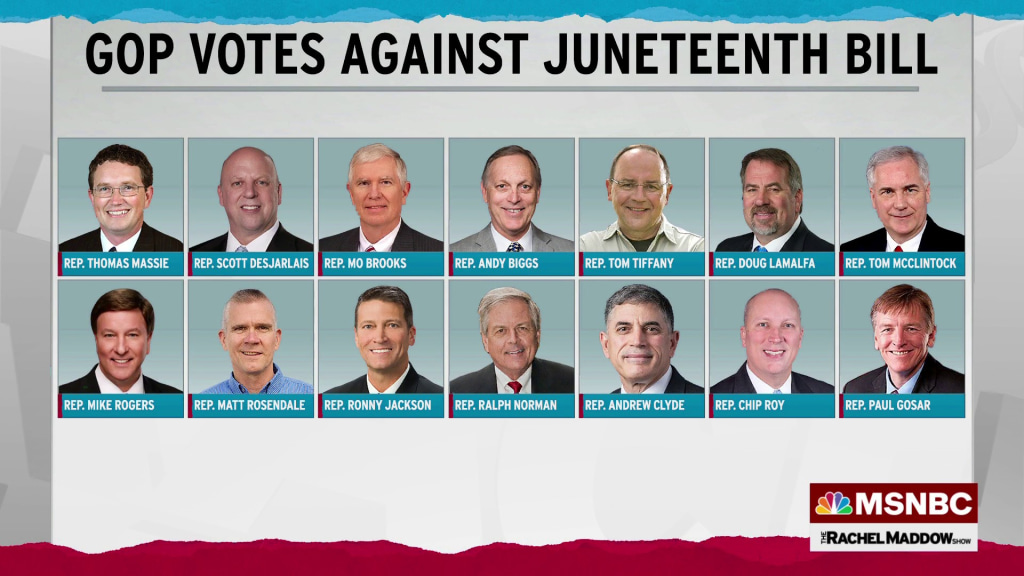
Montana’s Republican Congressman Matt Rosendale was one of the 21. He hardly even tried to justify his no vote, just offered up a word salad of nonsense about how it was all Nancy Pelosi’s fault. At one level these are profoundly unserious people. No policy, just performance. No patriotism, just pique.
American democracy is teetering on the edge. Guys like Rosendale – and Idaho’s Russ Fulcher, who almost certainly would have voted with the seditious 21 were it not for a newspaper like this one to hold him to some account – have become the grave diggers of our democracy. Fulcher, let it never be forgotten, signed on to the now well documented Trump effort to overturn a free, fair and fairly won presidential election. Fulcher spends most of his time as a member of Congress performatively calling out Pelosi, pushing some hot button social issue and living in the lala land of the House Freedom Caucus. His last original idea was when he filed for Congress.
Fulcher has made a virtue of refusing appropriations to enhance highways and bridges in his First District. His conservative Idaho colleague, Mike Simpson, has appealed for $17 million in projects in five southern Idaho communities, including a stormwater system in Pocatello and public transit enhancement in Boise. “It is important to note that eliminating any one of those projects would not have reduced federal spending by one penny,” Simpson said, justifying his utilization of what we call earmarks. “In the end, I can either seek these projects for Idaho or allow the funding to go to another state,” he said.
Fulcher opted to let funding that might have benefited his constituents to go to another state. Of course, Fulcher’s constituents will almost certainly return him to Congress next year, because, well, we don’t always send the best people.
This level of political incoherence and, in the case of recognition for Capitol Police officers, depraved incoherence is, at the most basic level mere stupidity. At a higher level – or is it at a baser level – it is a mark of wholesale abandonment of politics as the means by which we organize society.
So, while many of us can unite to condemn the craziest of the loons, we generally ignore the larger implications of their behavior, and the behavior of those who continue to enable, tolerate and use them to keep political power.
We learned this week one more piece of the January 6 puzzle. Donald Trump, according to records of his communication immediately after the presidential election, pressured the Justice Department to help him steal an election he lost. In other words he perverted the legal system to attempt a political coup. That his attempted failed is not remarkable, that it was tried is.
Even more remarkable has been the lack of outrage from conservatives who are sworn to uphold the Constitution. Given the disintegration and degradation of American conservatism over the last decade or so it is no surprise that people like Fulcher and Rosendale have ascended and people who know better like Idaho’s Mike Simpson and Washington’s Cathy McMorris Rogers have gone silent. These craven enablers clearly crave their political sinecures more than they care about democracy.
Here’s the bottom line: We are slouching toward an apocalypse. Fantasies about January 6th being “a peaceful protest” are widely embraced in conservative media. Lies about election irregularities have led to draconian restrictions on voting in many states. A strong majority of conservatives seem predisposed to accept any destruction of democratic norms if the trashing will help defeat their opponents. And Republicans seem poised to win control of the House next year and perhaps the Senate, as well.
The first coup failed. It’s not likely the next one will.
—–O—–
Additional Reading:
A few things I stumbled on this week that I think are worthy of your time…
If this isn’t nice, what is?
This college commencement speech by the late, great Kurt Vonnegut lifted even my dark mood. Hard not to smile after absorbing Vonnegut’s advice.

“I had a bad uncle named Dan, who said a male can’t be a man unless he’d gone to war. But I had a good uncle named Alex, who said, when life was most agreeable—and it could be just a pitcher of lemonade in the shade—he would say, ‘If this isn’t nice, what is?’ So I say that about what we have achieved here right now. If he hadn’t said that so regularly, maybe five or six times a month, we might not have paused to notice how rewarding life can be sometimes. Perhaps my good Uncle Alex will live on in some of you members of this graduating class if, in the future, you will pause to say out loud every so often, ‘If this isn’t nice, what is?’
Read the full piece. Like every good commencement speech it is short.
The Dominican Republic and the United States: A Baseball History
I also loved this piece about baseball and the Dominican Republic.
“It is a time-worn cliche that baseball is ‘America’s game.’ As long ago as 1889 poet Walt Whitman called baseball ‘our game’ and enthused that it ‘has the snap, go, fling, of the American atmosphere.’ In fact, baseball has long been an international game and nowhere has it been played with more passion than in the Dominican Republic.”
Andrew Mitchel reviews the relationship between the United States, the Dominican Republic, and the game that both love.
Trump-inspired death threats are terrorizing election workers
From the sublime to the terrifying.
Reuter’s had a stunning piece recently that underscores the threats that remain to American democracy. It is a shocking bit of first-class reporting.
“Election officials and their families are living with threats of hanging, firing squads, torture and bomb blasts, interviews and documents reveal. The campaign of fear, sparked by Trump’s voter-fraud falsehoods, threatens the U.S. electoral system.”
Be prepared. Read the story here.
Thanks, as always, for reading. Always love to hear from you. Drop a line. All the best.












